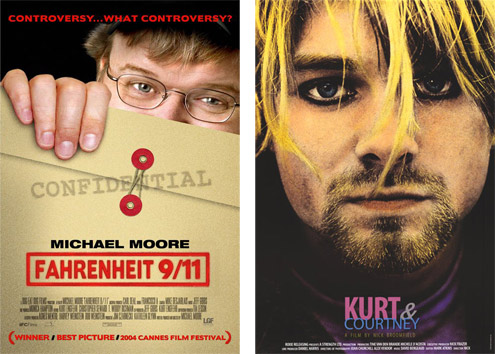‘A common experience for the spectator when watching a documentary is to be manipulated by the filmmakers’. How far do you agree with this statement? (35)
Generally, documentaries are created in order to impart information and, in the main, to persuade the audience into believing a particular viewpoint. The contract between audience and filmmaker is considered along with the code of ethics with regard to documenting the real. For example, there are questions around the time and space created within the story and the structure and chronology of events. The adding or missing out of certain happenings can detract from the truth of the overall film and perhaps, in this way, documentary has a right of passage to privilege the narrative over the truth. Grierson defined documentary as ‘the creative use of actuality’, which has covered a number of documentary styles and movements over the years, except perhaps, Cinema Verite.
As a spectator, many documentaries can be a challenging experience, the main issues being with the level of authenticity used in order to inform the audience about the specific subject matter. Many filmmakers will try to gently persuade the audience to share their viewpoint and this is especially true of documentary. To what level this manipulation takes place has been discussed throughout the years, from Vertov to Catfish and of course Fahrenheit 9/11.
The latter, directed by Michael Moore, boldly suggests that the reasons for America’s political attack were in fact, in-house. The film investigates Bush’s…
